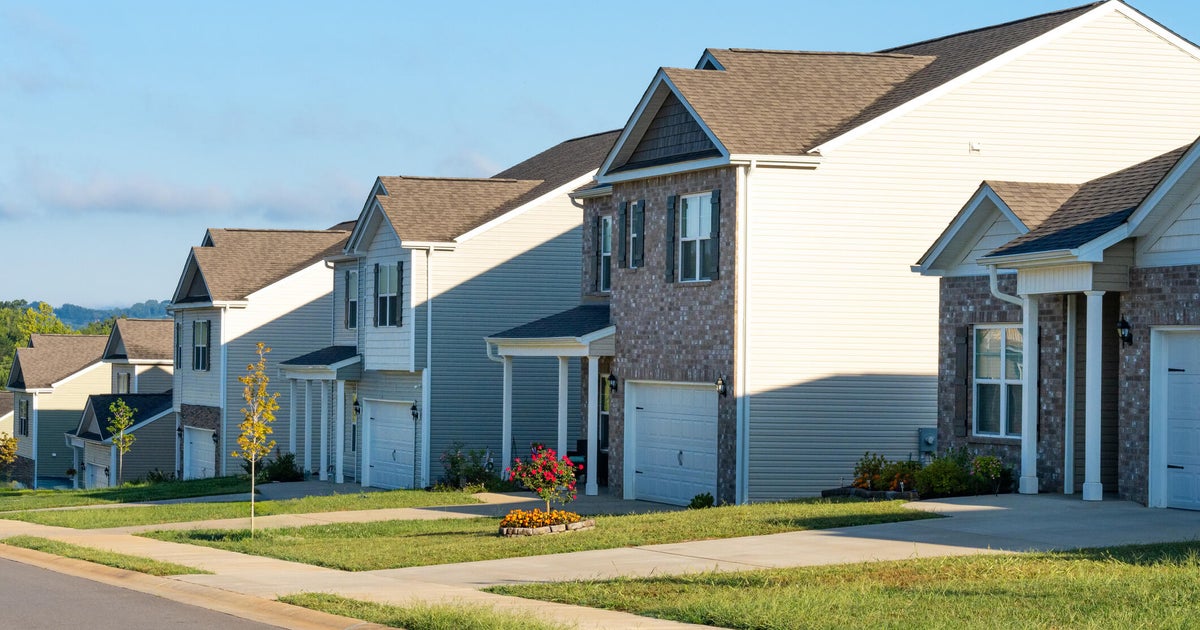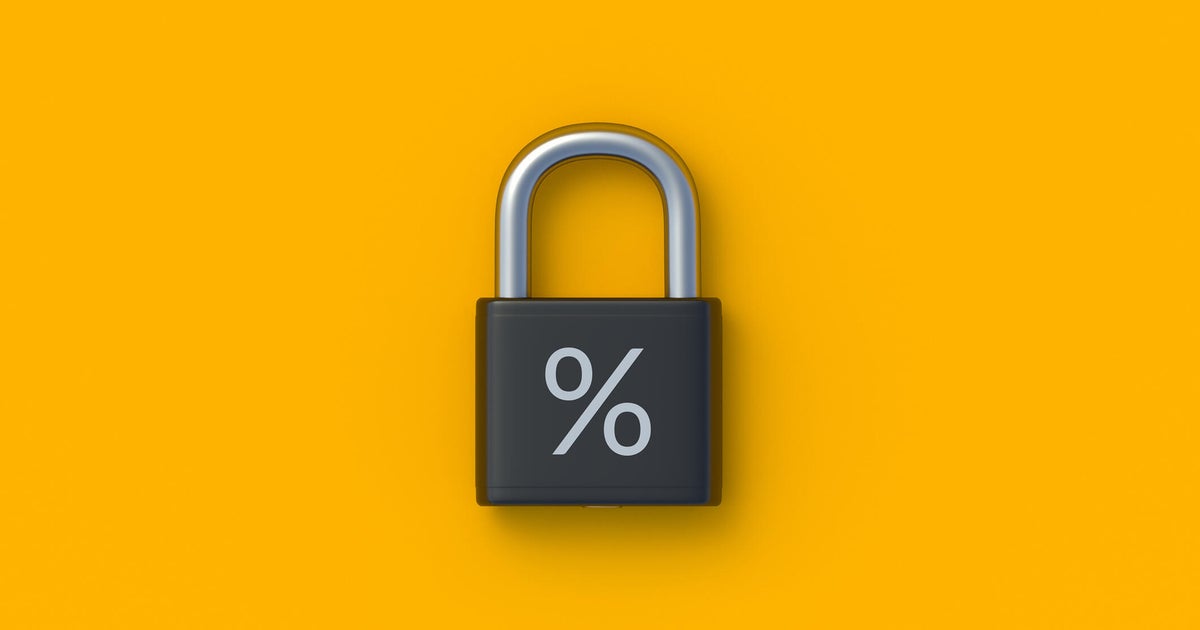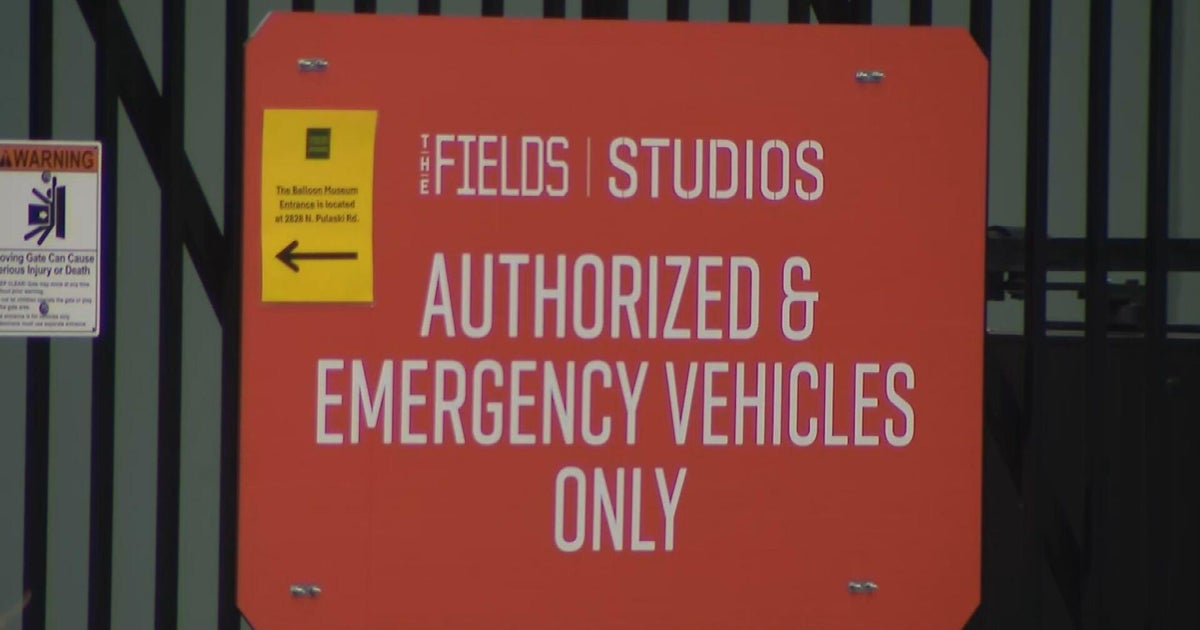What will happen to home prices as interest rates are cut?
Interest rates have been trending downward, with the Federal Reserve implementing its first cut of 2024 in September. Analysts predict more cuts could follow in the final months of this year and into 2025, potentially reshaping the real estate market.
But lower rates don't always mean better deals or lower home prices. In fact, rate cuts can affect the housing market in surprising ways. Some experts predict rising prices, but declines and stability are also plausible under certain circumstances.
We've consulted industry professionals to break down each possibility. Their insights below can help you decide if you should buy a home in the coming months.
Find your affordable mortgage loan options here.
What will happen to home prices as interest rates are cut?
Lower interest rates typically energize the housing market.
"The most likely scenario is that home prices will rise if rate cuts happen amid economic growth and limited housing supply," says Albert Lord, founder and CEO of Lexerd Capital Management. That's why he suggests buyers should "act quickly to take advantage of lower rates," while "sellers may [want to] hold off to maximize offers as demand increases."
Industry veteran Dean Rathbun echoes this view. The mortgage loan officer at United American Mortgage Company points out that rate cuts often trigger a chain reaction.
"The deeper the cut, the lower the rates… which means more borrowers in the marketplace, creating higher bids for desired homes," Rathbun says.
Despite this consensus, the housing market's complexity means different scenarios could unfold. Here are three possible outcomes for home prices in the wake of interest rate cuts.
Compare today's top mortgage loan rates now.
1. Home prices will rise as interest rates are cut
When interest rates fall, the housing market usually heats up. Cristal Clarke, luxury real estate director at Berkshire Hathaway HomeServices, explains why: "As lower interest rates make borrowing more affordable, more buyers enter the market." This usually drives up competition for available homes.
But interest rates going down isn't the sole factor affecting home prices. A strong economy with a healthy job market and rising wages play a part, too. When these conditions align with low housing inventory, "demand can outpace supply, leading to upward pressure on home prices," Clarke says.
2. Home prices will drop as interest rates are cut
While lower interest rates often boost home values, it's not a guaranteed outcome.
Clarke warns that a significant economic downturn could lead to price drops, even with rate cuts. This less common scenario can happen when broader economic factors override the benefits of cheap borrowing.
She shares several conditions that could trigger this unexpected result.
"[More] job losses or [low] consumer confidence might [give] buyers [pause], [even with] lower interest rates," Clarke explains. Add to that high inflation eroding purchasing power or tighter lending standards, and you've got a recipe for potential price decreases.
In such cases, a surplus of homes on the market and fewer interested buyers could force sellers to lower their asking prices.
3. Home prices will remain the same as interest rates are cut
In certain cases, home prices could stay put, even when interest rates drop. According to Clarke, we may see steady home prices if the housing market maintains an equilibrium between supply and demand — even as interest rates decrease.
She points to high-demand areas including Santa Barbara and Montecito as examples. These places are always popular "due to [their] desirability and the rise of remote work," Clarke says. Limited inventory can prevent significant price fluctuations in a given area, such as coastal cities.
Benefits of buying a home now even at higher rates
Waiting for lower rates might seem logical, but it could cost you in the long run.
"When rates drop, buyers [flood the market] and prices tend to go up," cautions Rathbun. This can drive up home prices, forcing you to overbid just to secure a property.
Buying now, even with higher rates, can work in your favor in the following ways:
- Less competition: With fewer buyers in the market, you're more likely to get your dream home without a bidding war.
- Potential for refinancing: If rates drop later, you can refinance to lower your monthly payments.
- Building equity sooner: The earlier you buy, the sooner you start building wealth through homeownership.
- Predictable payments: Unlike rent, your mortgage payments won't increase (with a fixed-rate mortgage)
- More negotiating power: Sellers might be more willing to work with you when there are fewer buyers around
The bottom line
The impact of interest rate cuts on home prices isn't always predictable. While lower interest rates may lead to higher prices, economic conditions can sometimes result in price drops or stability. Instead of trying to time the market, focus on your current situation and long-term goals. If you find a home you love and can afford the payments, it might be wise to act now.






